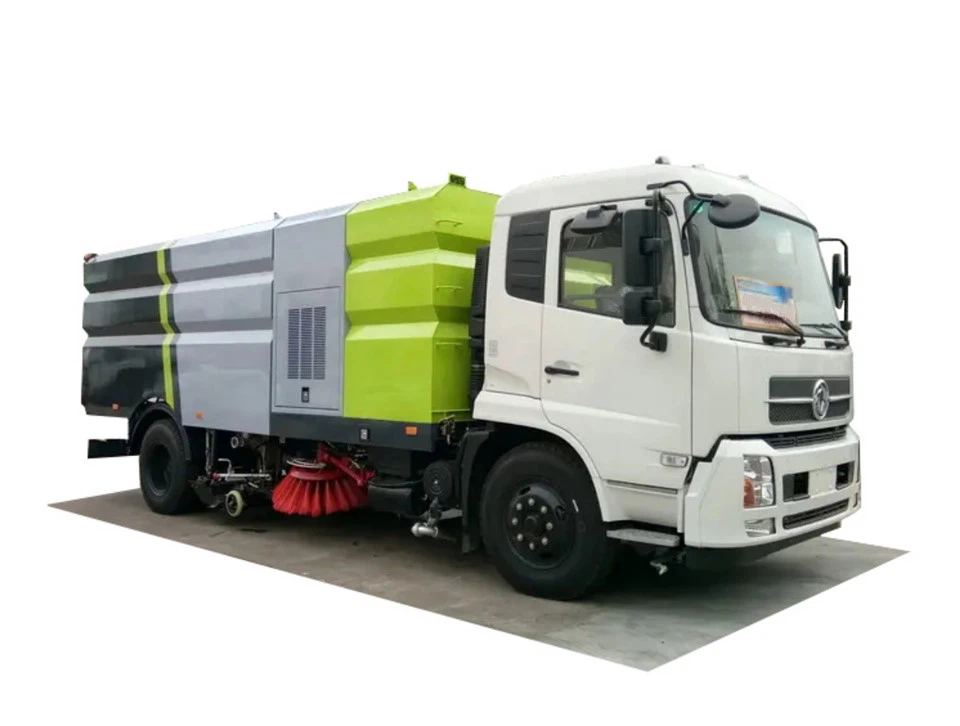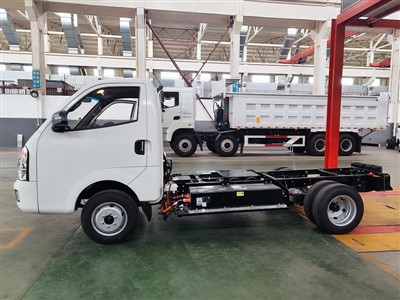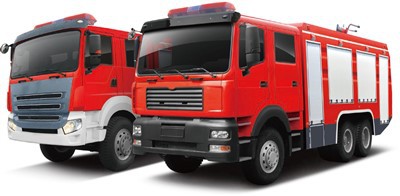Tow Truck Hydraulic Winch: The Ultimate Guide

Introduction
Tow truck hydraulic winches are essential tools in the towing industry, designed to facilitate the safe and efficient recovery of vehicles. These winches harness hydraulic power to provide the necessary force to lift and pull vehicles in various situations, from roadside breakdowns to heavy-duty towing operations. Understanding the benefits, features, and proper usage of tow truck hydraulic winches can greatly enhance your towing capabilities and safety. In this comprehensive guide, we will explore everything you need to know about tow truck hydraulic winches, ensuring you are well-informed and ready to make the best choice for your towing setup.
What is a Tow Truck Hydraulic Winch?
A tow truck hydraulic winch is a mechanized device that utilizes hydraulic power to perform various functions related to towing and recovery. These winches consist of a spool, cable, hydraulic system, and a control system that enables the operator to efficiently control the pulling force. They are typically mounted on tow trucks, providing significant advantages over traditional electric winches, such as greater pulling power and faster operation.
Components of a Tow Truck Hydraulic Winch
The typical hydraulic winch comprises several key components:
- Hydraulic Cylinder: Converts hydraulic energy into mechanical force.
- Spool: Hosts the winch cable, allowing it to wind and unwind during operation.
- Control Valve: Regulates the flow of hydraulic fluid to the cylinder, controlling the winch’s movement.
- Drum: The cylinder around which the cable is wound.
- Hydraulic Pump: Provides the necessary hydraulic power to operate the winch.
Benefits of Tow Truck Hydraulic Winches
Tow truck hydraulic winches offer numerous advantages compared to their electric counterparts:
1. Increased Lifting Power
Hydraulic winches can generate more pulling power than electric winches, enabling them to tackle heavier loads with ease. This makes them suitable for both light-duty and heavy-duty towing applications.
2. Faster Operation
With hydraulic systems, winches can operate swiftly, reducing recovery time and increasing efficiency on the job. This is particularly beneficial in emergency situations where time is critical.
3. Durability and Longevity
Hydraulic winches are generally more robust and less prone to wear and tear compared to electric winches, providing a longer service life with minimal maintenance.
4. Adaptability
Hydraulic winches can be customized for various towing applications, making them versatile tools for operators in different towing scenarios.
Choosing the Right Tow Truck Hydraulic Winch
When selecting a tow truck hydraulic winch, there are several factors to consider:
1. Load Capacity
It’s crucial to choose a winch that can handle the weight of the heaviest vehicle you’ll be towing. Always refer to the manufacturer’s specifications regarding load capacity.
2. Line Speed
Consider the winch’s line speed, or how quickly it can pull in cable. A faster winch can make recovery processes more efficient.
3. Hydraulic Configuration
Hydraulic winches come in various configurations. Ensure that the winch is compatible with your truck’s hydraulic system.
4. Quality and Brand Reputation
Select reputable brands known for high-quality hydraulic winches to ensure reliability and performance.
Installation of Tow Truck Hydraulic Winches
Proper installation is critical for optimal performance of a hydraulic winch:
1. Preparation
Before installation, read through the manufacturer’s instructions and gather the necessary tools and materials.
2. Mounting the Winch
Securely mount the winch onto the tow truck’s frame, ensuring it is positioned for balanced weight distribution and easy access for cable deployment.
3. Connecting Hydraulic Lines
Carefully connect hydraulic lines from the winch to the truck’s hydraulic system, ensuring there are no leaks and that connections are tightened properly.
4. Testing the Winch
Once installed, conduct a thorough test run to ensure everything operates as expected. Check for any strange sounds or movements.
Operating a Tow Truck Hydraulic Winch Safely
Safety should always be the top priority while operating a hydraulic winch:
1. Read the Manual
Familiarize yourself with the operation manual of the winch, including safety features and limitations.
2. Wear Protective Gear
Always wear appropriate personal protective equipment (PPE) when operating the winch to prevent injuries.
3. Clear the Area
Make sure the surrounding area is free from obstacles and bystanders before starting the operation.

4. Use Proper Signals
Ensure clear communication with your team, using hand signals or radios as needed during towing operations.
Maintenance Tips for Tow Truck Hydraulic Winches
Maintaining your hydraulic winch is essential for longevity and performance:
1. Regular Inspections
Conduct regular inspections of the winch, looking for signs of wear, leaks, and other issues.
2. Lubrication
Keep the moving parts lubricated to reduce friction and ensure smooth operation.
3. Hydraulic Fluid Levels
Check and maintain proper hydraulic fluid levels regularly to ensure optimal performance.
Common Applications of Tow Truck Hydraulic Winches
Tow truck hydraulic winches can be used in various applications:
1. Vehicle Recovery
They are primarily used for recovering vehicles that are stuck, overturned, or inaccessible.
2. Heavy-Duty Towing
Hydraulic winches are ideal for towing heavy-duty vehicles, including trucks and buses.

3. Construction and Industrial Use
They can also be employed in construction sites for lifting heavy materials or machinery.
Cost of Tow Truck Hydraulic Winches
The price of a tow truck hydraulic winch can vary widely based on factors such as brand, load capacity, and features. Below is a rough price guide:
| Type | Load Capacity (lbs) | Price Range ($) |
|---|---|---|
| Light-Duty | 8,000 – 10,000 | 1,500 – 3,000 |
| Medium-Duty | 10,000 – 20,000 | 3,000 – 5,000 |
| Heavy-Duty | 20,000 – 50,000 | 5,000 – 10,000 |
FAQ
1. What is the difference between a hydraulic winch and an electric winch?
Hydraulic winches use hydraulic power to generate greater pulling force and faster operation, while electric winches rely on an electric motor and are usually less powerful.
2. How do I maintain my hydraulic winch?
Regularly inspect for leaks, keep it clean, lubricate moving parts, and check hydraulic fluid levels to maintain your hydraulic winch.
3. Can I install a hydraulic winch myself?

Yes, with the right tools and user manual, you can install a hydraulic winch yourself. However, it is advised to have it done by a professional for safety and optimal performance.
4. What vehicles can I use a tow truck hydraulic winch on?
You can use a tow truck hydraulic winch on a wide variety of vehicles, including cars, trucks, buses, and even heavy equipment, depending on the winch’s load capacity.
5. Are there safety concerns when using a hydraulic winch?
Yes, always prioritize safety by wearing PPE, ensuring a clear area, and following the manufacturer’s guidelines while operating a hydraulic winch.
6. What should I do if my hydraulic winch stops working?
If your hydraulic winch stops working, first check for hydraulic fluid leaks and inspect connections. If issues persist, consult a professional for repairs.
